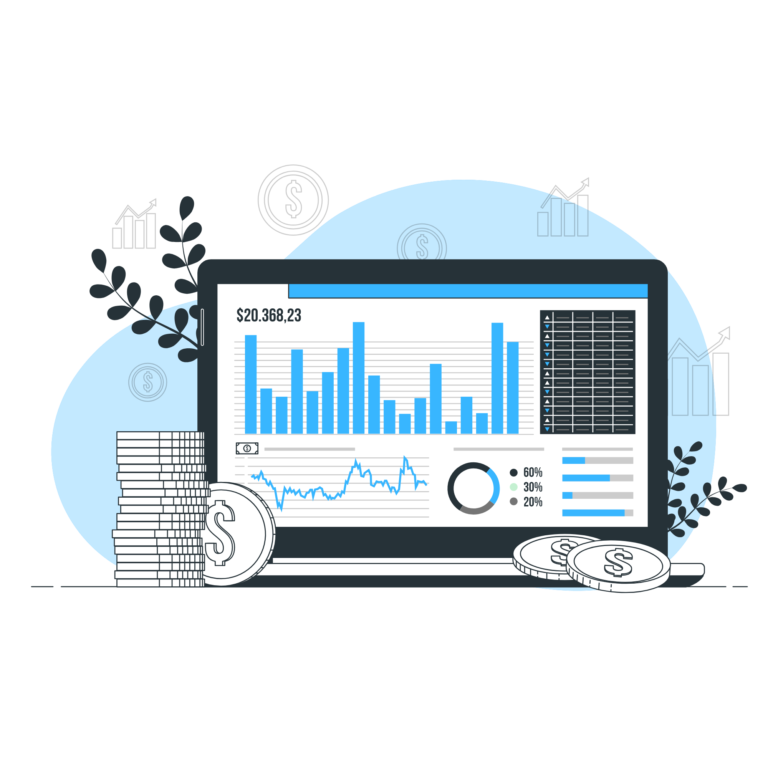Property Tax in the Vaud Canton: Definition
According to the LICom law, in the Vaud canton, property tax is an amount levied every year on real estate properties. Whether you are an owner or you benefit from someone's else's property, you will probably have to pay this tax every year.
Property tax is communal and/or cantonal optional tax. This means that authorities decide if they want to levy this tax or not. The cantons of Zurich, Schwyz, Glaris, Zoug, Soleure, Bâle-Campagne and Argovie do not levy any property tax. In Vaud, this is a communal tax.
In Switzerland, property tax is a "real" tax, this means that the owner's financial situation is not taken into account while calculating property tax.
Additional Property Tax
The canton of Vaud is the only canton to levy an additional property tax. In addition to the classic property tax, the commune and/or the canton are allowed to levy an additional tax on some estates.
This applies to buildings owned by companies but which are not used by the latter for their own activities.If a business owns a building but is renting it out instead of using it for their own activities, they will generally have to pay additional property tax.
What Qualifies as a Building?
To fully understand how this tax works, it is important to understand what is meant by "buildings". In fact, this word does not just refer to apartment blocks, as one might think.
According toart. 665 CC, buildings are defined as:
- Property, i.e. everything within a defined parcel of land
- Distinct and permanent rights, i.e. the right to use a plot of land for a long period in order to build something on it, without owning the land itself.
- Mines
- Co-ownership shares in a building
Who is Subject to Property Tax in Vaud?
Whether you are an individual or a company, as long as you are the owner of a property, you will have to pay this tax.
In the case of an usufruct in the canton of Vaud, the owner is always responsible for paying property tax, unless he or she registers the usufruct with the Land Register.
Once the usufruct has been registered, the beneficiary will be responsible for paying property tax. Registering can be done in 2 ways:
- Via and heritance
- Via contract
Possible Exemptions
Public places such as parks, schools or administrative buildings are exempt from property tax. Other buildings can be exonerated in the canton of Vaud.
Buildings used for religious purposes like churches or synagogues for example, are exempt from this tax.
Buildings used for charitable purposes like social welfare or accommodation centres can also be exempt.
Comment calculer l'impôt foncier dans le canton de Vaud ?
Estimating a Building's Value
Unlike other types of property, the value of a building subject to property tax is not calculated each year. The tax is levied on the ‘gross value’ of the property.
It is generally the purchase price, the construction cost or estimated market value before any deductions (such as wear and tear on the building or mortgages).
The yield value can also be used to calculate property tax, particularly for farm buildings.
Tax Rate
Once the value has been estimated, the tax rate of 1,5‰ is applied. The following formula is then used:
Value estimation x 1.5 / 1000 = Amount of tax
Example
For example, for a building with an estimated value of CHF 800,000, the above formula can be applied as follows:
800’000 (estimation) x 1.5/1000 = 1’200 CHF
The amount of property tax to pay will be 1’200 CHF a year.
Conclusion
Property tax is important for property owners in the canton of Vaud. Although its rate is relatively low compared with other countries, it nevertheless represents an annual burden that should not be overlooked.
It is essential for owners to understand how it works and to incorporate it into their financial planning.
Frequently Asked Questions
What is property tax?
Property tax is a tax levied each year on real estate. It must be paid by the owners and, in some cases, by the usufructuaries.
Is property tax a federal tax?
No, this is a communal and/or cantonal tax, and it is optional. Some cantons, such as Zurich, Schwyz and Basel-Landschaft, do not levy it.
Does property tax take into account the owner's financial situation?
No this tax is real which means that it is based solely on the value of the property, without taking into account the owner's income or wealth.
What is supplementary property tax?
This is an additional tax applicable only in the canton of Vaud. It is added to the traditional property tax for buildings owned by companies but not used for their own activities (e.g. buildings rented out to third parties).





